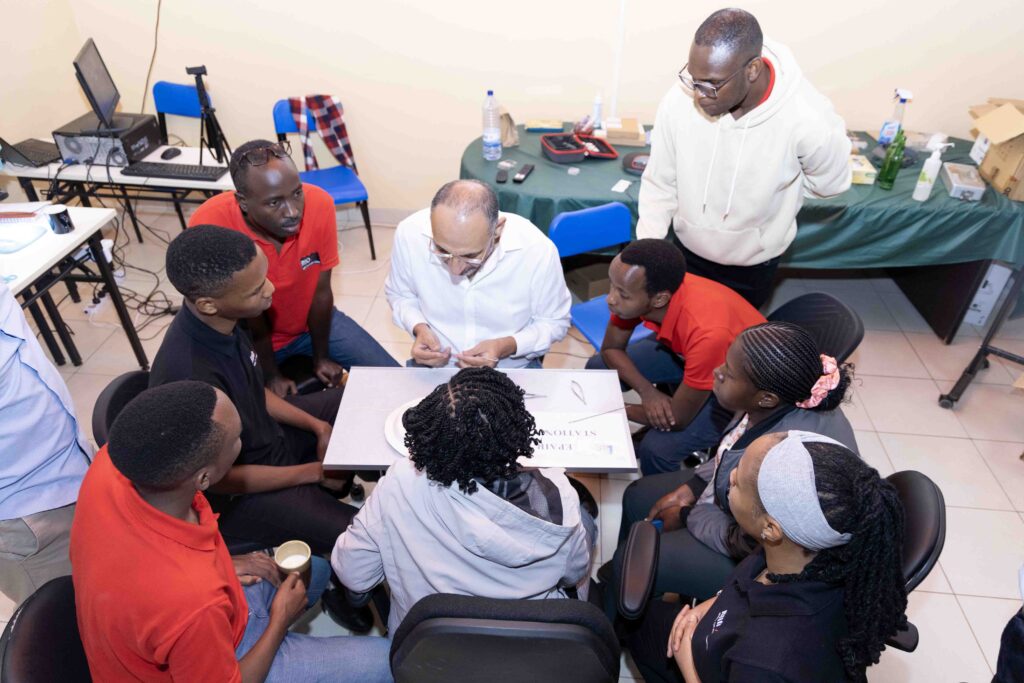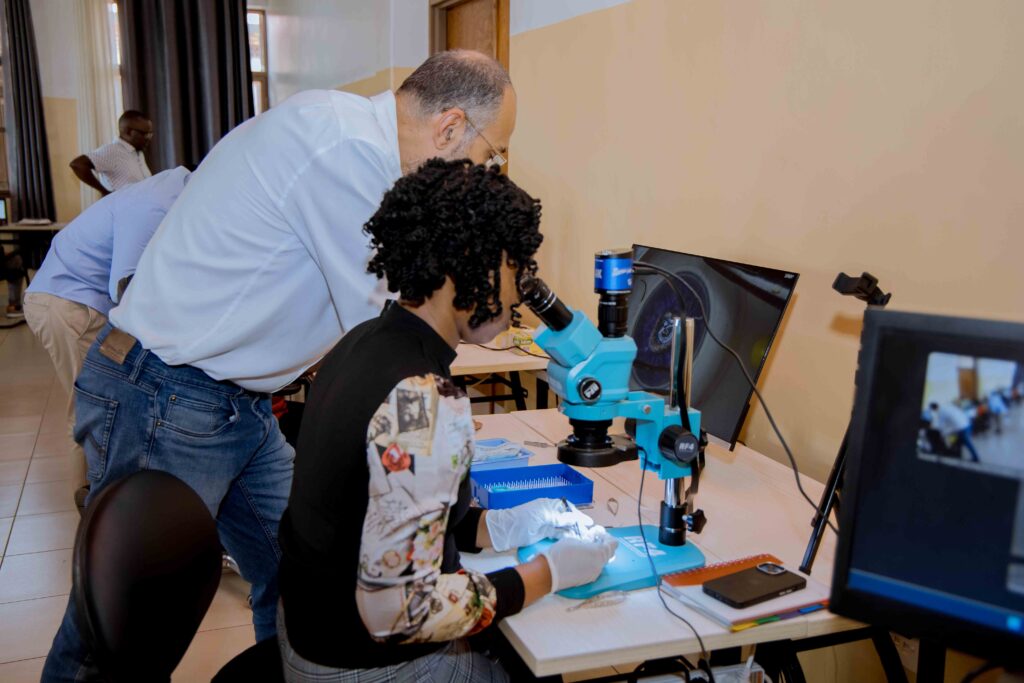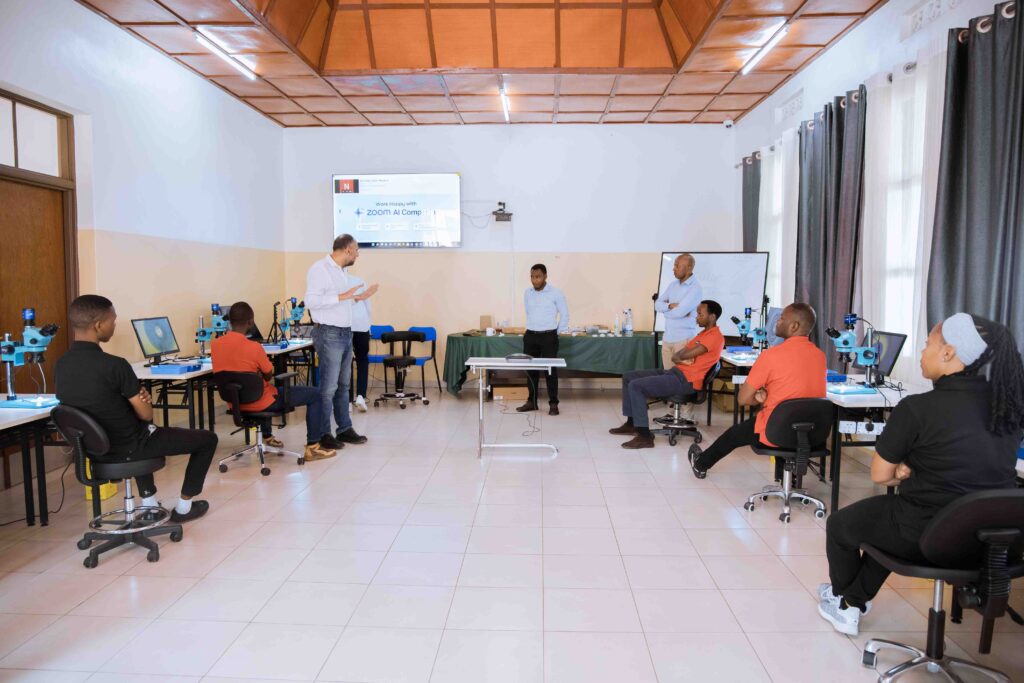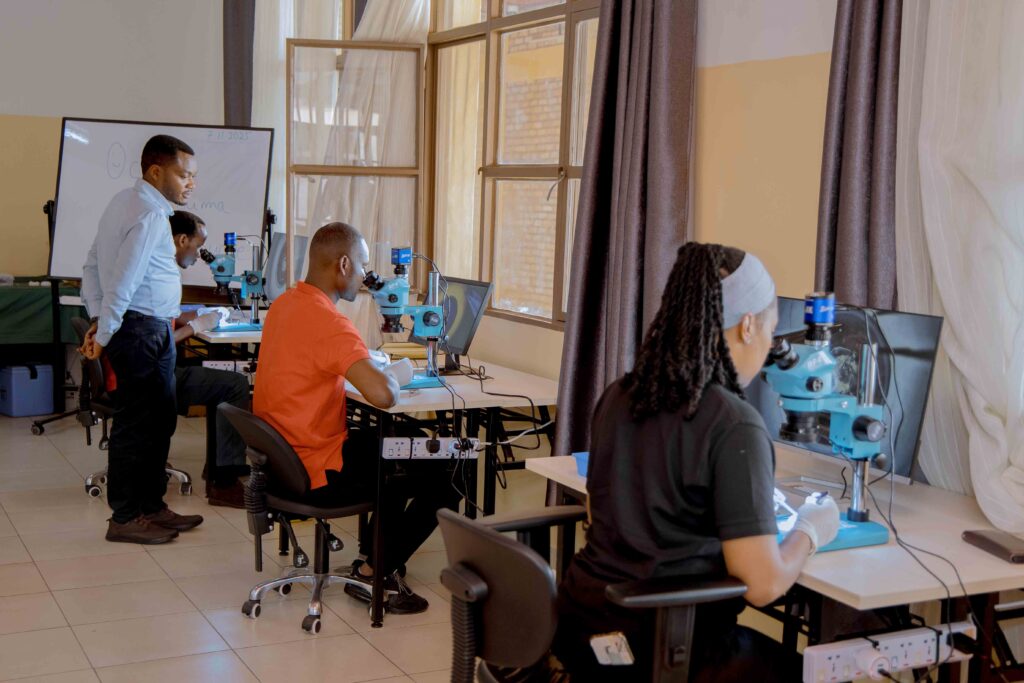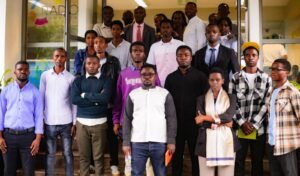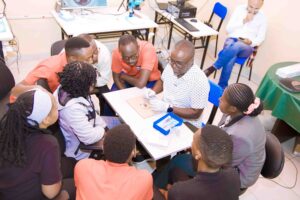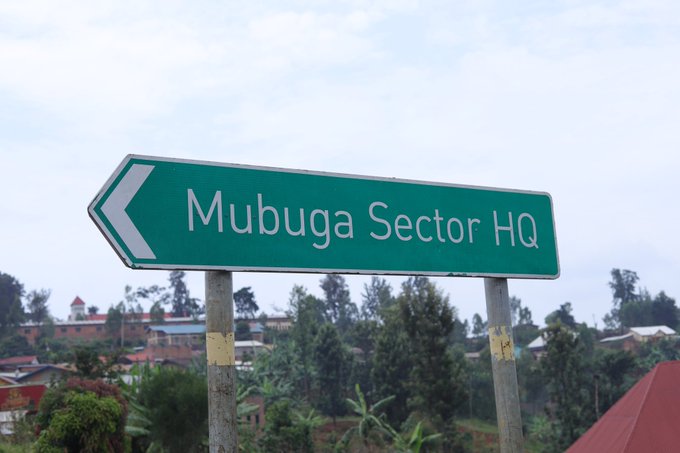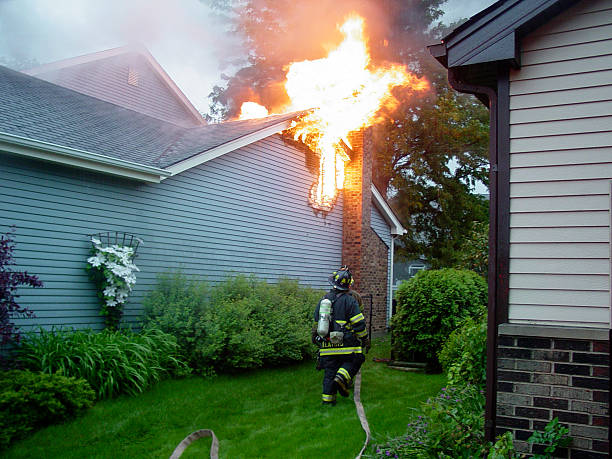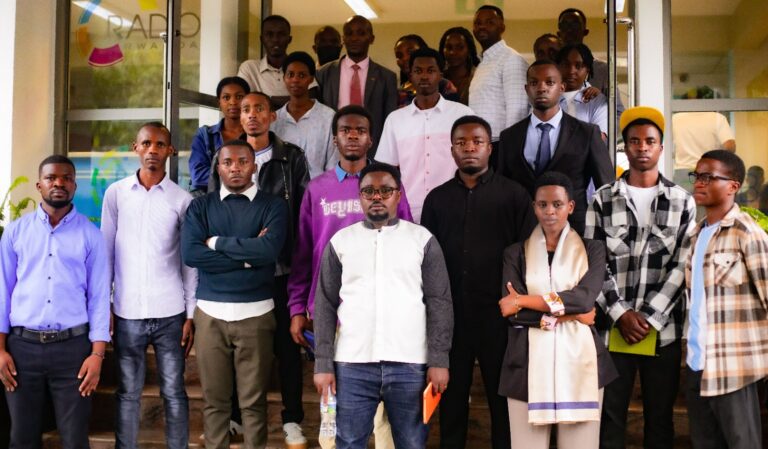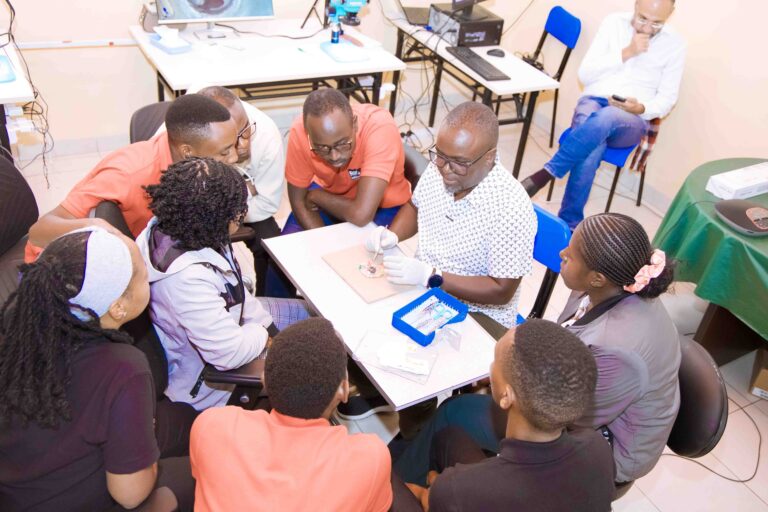On Friday, November 7, 2025, Kabgayi Eye Hospital organized a hands-on training program on treating eye injuries, known as the “Ocular Trauma Course.” The training brought together ophthalmology specialists from Rwanda and neighboring countries to enhance their practical skills in managing complex eye trauma cases.
Held annually, the program focuses on improving the treatment of eye injuries and is jointly organized by Kabgayi Eye Hospital and medical experts from the Royal College of Ophthalmologists in the United Kingdom. This year’s session attracted participants from Rwanda and Uganda.
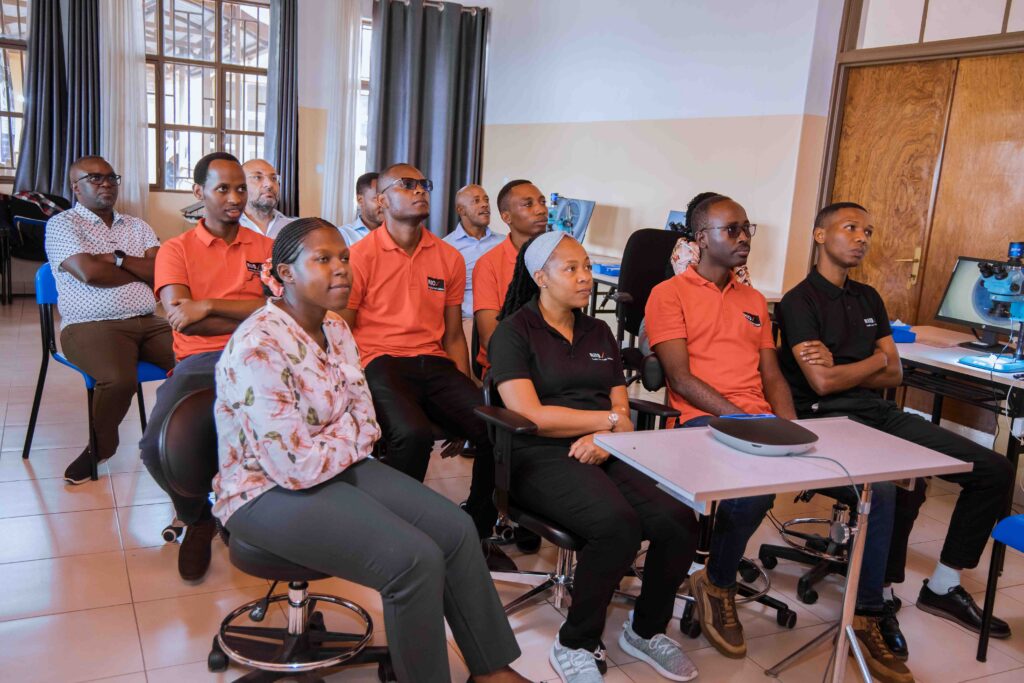
The session attracted participants from Rwanda and Uganda.
Speaking to ICK News, Dr. Uwemeye Livin, the Director of Kabgayi Eye Hospital, explained that the initiative aims to strengthen the capacity of eye doctors to better assist patients with eye injuries.
“We have observed a growing number of patients with eye injuries across the country,” said Dr. Uwemeye. “We decided to expand our training not only to Rwandan doctors but also to those from neighboring countries, so that they can learn how to treat eye trauma and help prevent avoidable blindness.”
He added that building the skills of healthcare professionals directly improves patient outcomes.
“When our doctors are well trained, patients recover their sight. Our goal is to strengthen medical knowledge and capacity—not just for Kabgayi, but for the entire country and region,” he said.
Dr. Uwemeye also emphasized the importance of prevention, urging people whose jobs expose them to eye injury risks such as miners, construction workers, and motorcyclists to use protective equipment.
“Prevention is possible,” he said. “Those working in high-risk environments should wear protective glasses, helmets, and other safety gear.”
Dr. Michael Mikhail, an ophthalmologist specializing in Vitreo-Retina Surgery, noted that such training is particularly vital in Africa, where eye injuries are common.
“Eye trauma is a major concern across the continent,” he said. “Our goal is to equip doctors with the skills to properly assess and repair damaged eyes. The first priority is to save the eye just as you would save an arm or a leg. We also teach them how to communicate effectively with patients and support them throughout their recovery journey.”
Dr. Mikhail further highlighted the importance of early diagnosis, timely surgery, and continuous patient counseling to ensure long-term recovery.
Participants expressed gratitude for the knowledge and experience gained.
Dr. Anna Major, from the Bahamas and a trainee at the Rwanda International Institute of Ophthalmology (RIIO), said the course exceeded her expectations.
“I thought it would be mostly theoretical, but the instructors guided us through practical sessions,” she said. “I learned how to repair eye and eyelid injuries, and I’m excited to apply this knowledge in my practice.”
She added that choosing to study in Rwanda was one of her best decisions.
“After researching, I found Rwanda to be among the best African countries for ophthalmology training. I have no regrets, the quality of education and practical training here is outstanding.”
Similarly, Dr. Jean de Dieu Ntivuguruzwa shared that the course greatly enhanced his ability to treat eye trauma effectively.
“This training has been incredibly valuable,” he said. “We learned techniques for repairing both external and internal eye injuries so that patients can recover fully without lasting damage. This kind of knowledge helps us save many eyes from blindness.”
Kabgayi Eye Hospital continues to play a leading role in advancing eye care and professional development in Rwanda and beyond. Through partnerships with international institutions such as the Royal College of Ophthalmologists, the hospital remains committed to being a regional hub for ophthalmic education, research, and the fight against preventable blindness.
